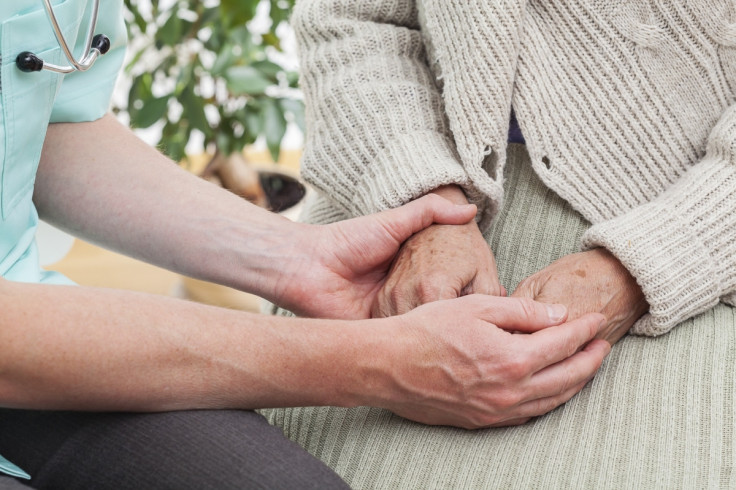World Alzheimer's Day 2015: Everything you need to know about the most common cause of dementia

An estimated 850,000 people in the UK have Alzheimer's disease, a number which is expected to reach one million by 2025. Although one in six people aged 80 and over have dementia, around 40,000 younger people also have the condition – and two-thirds of those are women.
World Alzheimer's Day is observed on 21 September to raise awareness of the most common cause of dementia, a term which describes a set of symptoms that can include memory loss and difficulties with thinking, problem solving or language. The symptoms occur when the brain is damaged by certain diseases, such as Alzheimer's disease.
What is Alzheimer's?
Alzheimer's is a progressive disease, meaning more parts of the brain will be damaged over time and the symptoms become more severe. It is caused by parts of the brain wasting away, a process called atrophy. During the course of the disease, proteins build up in the brain to form structures known as "plaques" and "tangles" – which leads to the loss of connections between nerve cells and their eventual death.
According to Alzheimer's Research UK, people with the disease also have a shortage of some chemicals in their brain, which help to transmit signals. When there is a shortage, the signals are not transmitted as effectively.
There is currently no cure for Alzheimer's, although research into the disease is uncovering more about the condition. In July, researchers presented promising results of a trial into a new drug called Solanezumab – a drug aimed at slowing the progression of Alzheimer's. Medication and therapies can help with the symptoms of the disease.
Are there any risk factors?
There are several risk factors in developing Alzheimer's disease, although it is still unknown what triggers the condition. Age is the most significant factor, as the likelihood of developing the condition doubles every five years after the age of 65. A number of people develop early-onset disease Alzheimer's, which can affect people from around 40 years of age.
Studies have shown smoking, obesity, high cholesterol, high blood pressure and diabetes can be risk factors in developing the disease, as can some head injuries. Family history is also a factor and genes can contribute to your risk of developing Alzheimer's – although the actual increase in risk is small if you have a close family member with the condition. Visit the Alzheimer's Society website for more information on genetics and dementia. People with Down's syndrome can also be at increased risk of developing Alzheimer's.
Ongoing research has revealed more about triggers for the disease. Most recently, Scientists have identified a direct correlation between a vitamin D deficiency among elderly people with accelerated cognitive decline, particularly with memory loss traits typically linked with Alzheimer's and dementia.
© Copyright IBTimes 2025. All rights reserved.





















